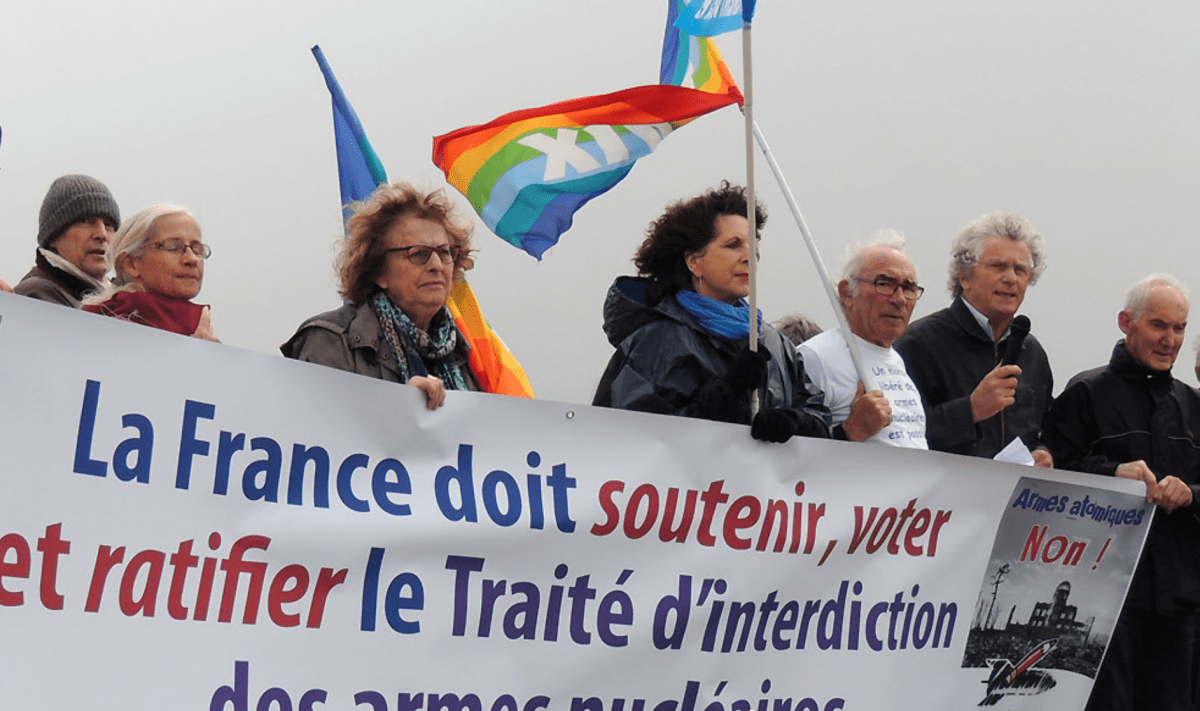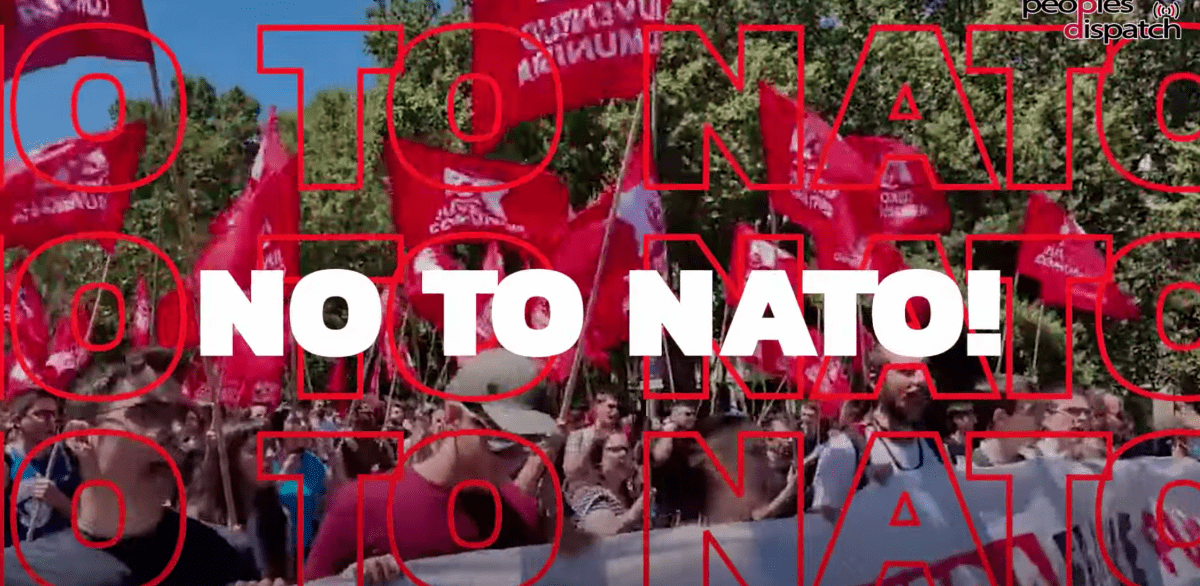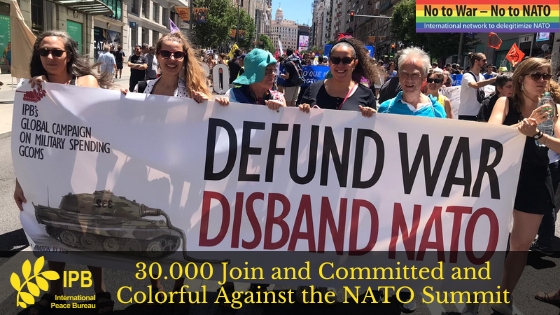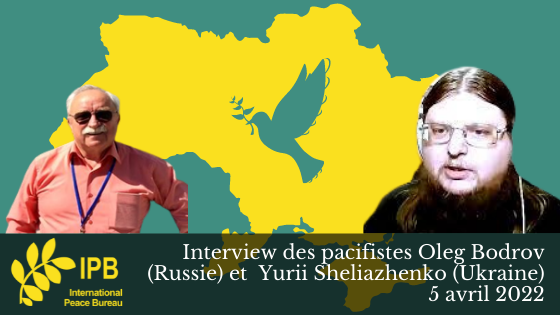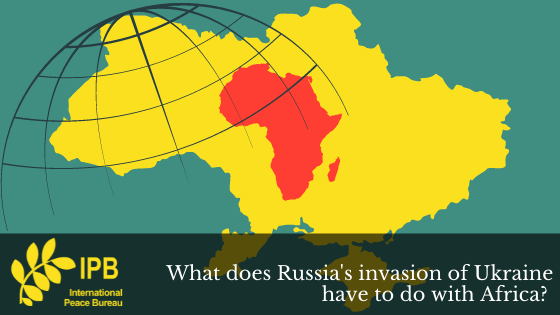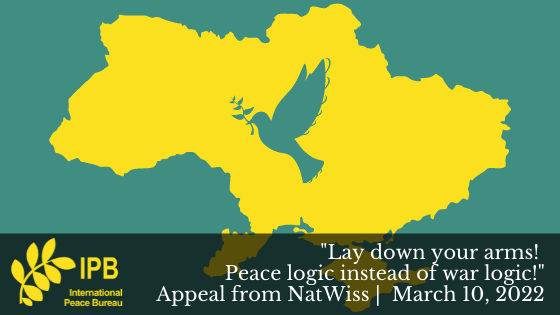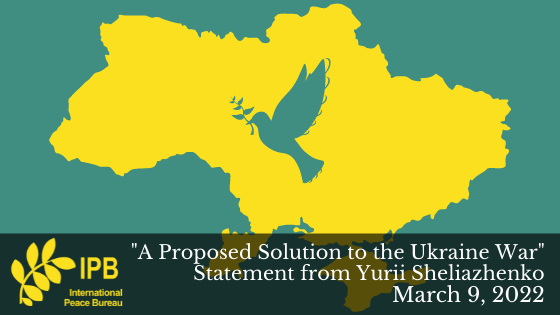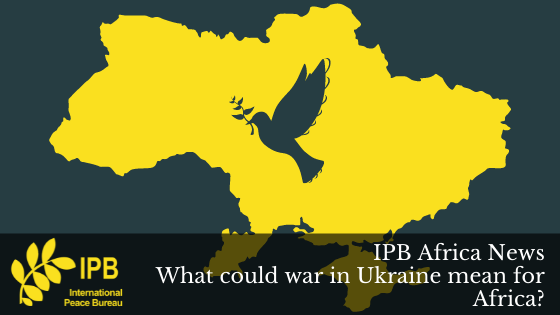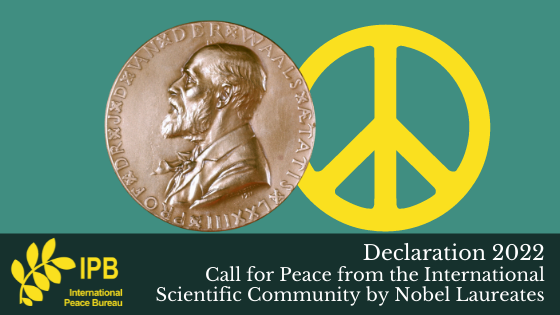Pouvez-vous vous présenter brièvement ?
Oleg Bodrov : Je suis Oleg Bodrov, physicien, écologiste et président du Conseil public de la rive sud du golfe de Finlande, à Saint-Pétersbourg. La protection de l’environnement, la sécurité nucléaire et la promotion de la paix ont été les principales orientations de mon travail au cours des 40 dernières années. Aujourd’hui, j’ai le sentiment de faire partie de l’Ukraine : ma femme est à moitié ukrainienne, son père est de Mariupol. Mes amis et collègues sont des écologistes de Kiev, Kharkiv, Dnipro, Konotop, Lviv. Je pratique l’escalade, lors des ascensions j’étais relié par une corde de sécurité avec Anna P. de Kharkov. Mon père, qui a participé à la Seconde Guerre mondiale, a été blessé en janvier 1945 et a été soigné dans un hôpital de Dniepropetrovsk.
Yurii Sheliazhenko : Je m’appelle Yurii Sheliazhenko, je suis un chercheur, éducateur et militant pour la paix originaire d’Ukraine. Mes domaines d’expertise sont la gestion des conflits, la théorie juridique et politique et l’histoire. En outre, je suis secrétaire exécutif du Mouvement pacifiste ukrainien et membre du conseil d’administration du Bureau européen pour l’objection de conscience (EBCO) ainsi que de World BEYOND War (WBW).
Pouvez-vous décrire comment vous voyez la situation actuelle ?
Oleg Bodrov: La décision de l’opération militaire contre l’Ukraine a été prise par le Président de la Russie. Dans le même temps, les citoyens russes, à en juger par les informations des médias indépendants, pensaient que la guerre avec l’Ukraine était par principe impossible !
Pourquoi cela s’est-il produit ? Au cours des huit dernières années, la propagande anti-ukrainienne a été diffusée quotidiennement sur toutes les chaînes publiques de la télévision russe. On y parlait de la faiblesse et de l’impopularité des présidents ukrainiens, des nationalistes qui bloquent le rapprochement avec la Russie, du souhait de l’Ukraine de rejoindre l’UE et l’OTAN. L’Ukraine est considérée par le président de la Russie comme un territoire faisant historiquement partie de l’Empire russe. L’invasion de l’Ukraine, en plus de la mort de milliers de personnes, a augmenté les risques de dégradation au niveau mondial. Des opérations militaires sont menées sur le territoire où se trouvent des centrales nucléaires. L’impact accidentel d’obus sur des centrales nucléaires est plus dangereux que l’utilisation d’armes atomiques.
Yurii Sheliazhenko: L’invasion illégale de l’Ukraine par la Russie s’inscrit dans une longue histoire de relations et d’hostilités entre les deux nations, ainsi que dans le conflit mondial de longue date entre l’Ouest et l’Est. Pour le comprendre pleinement, nous devons nous souvenir du colonialisme, de l’impérialisme, de la guerre froide, de l’hégémonie “néolibérale” et de la montée des hégémonismes que l’on nomme illibéraux.
En parlant de la Russie face à l’Ukraine, la chose cruciale à comprendre dans cette lutte obscène entre une puissance impérialiste archaïque et un régime nationaliste archaïque est le caractère dépassé des deux cultures politiques et militaristes : les deux pays ont la conscription et un modèle de formation patriotique militaire au lieu de l’éducation civique. C’est pourquoi les fauteurs de guerre des deux camps se traitent mutuellement de nazis. Mentalement, ils vivent encore dans le monde de la “Grande guerre patriotique” de l’URSS ou du “mouvement de libération de l’Ukraine” et croient que les gens doivent s’unir autour de leur commandant suprême pour écraser leur ennemi existentiel, ces hitlériens ou ce qui ne vaut pas mieux, ces staliniens, dans le rôle desquels ils voient étonnamment un peuple voisin.
Y a-t-il des particularités dans ce conflit dont le public occidental n’est pas ou peu informé ?
Yurii Sheliazhenko: Oui, certainement. La diaspora ukrainienne en Amérique a considérablement augmenté après les deux guerres mondiales. Pendant la guerre froide, les services de renseignement américains et occidentaux ont recruté des agents dans cette diaspora afin d’utiliser les sentiments nationalistes pour inciter au séparatisme en URSS, et certains Ukrainiens de souche sont devenus riches ou ont fait carrière dans la politique et l’armée américaines et canadiennes, de sorte qu’un puissant lobby ukrainien a émergé avec des liens avec l’Ukraine et des ambitions interventionnistes. Lorsque l’URSS est tombée et que l’Ukraine a obtenu son indépendance, la diaspora occidentale a participé activement à la construction de la nation.
Existe-t-il des activités contre la guerre en Russie et si oui, à quoi ressemblent-elles ?
Oleg Bodrov: Des actions anti-guerre ont eu lieu à Saint-Pétersbourg, Moscou et dans des dizaines de grandes villes russes. Plusieurs milliers de personnes sont simplement descendues dans la rue pour exprimer leur désaccord. La catégorie la plus populaire de participants est celle des jeunes. Plus de 7 500 étudiants, membres du personnel et diplômés de la plus ancienne université de Russie, l’université Lomonosov de Moscou, ont signé une pétition contre la guerre. Les étudiants veulent se voir comme faisant partie d’un monde démocratique libre, dont ils pourraient être privés en raison de la politique isolationniste du président. Les autorités affirment que la Russie possède les ressources nécessaires à la vie et des armes atomiques qui les protégeront, même en cas de séparation, du reste du monde. Plus d’un million 220 mille Russes ont signé la pétition “NON A LA GUERRE”. Des petits rassemblements “CONTRE LES ARMES NUCLÉAIRES” et “CONTRE LA GUERRE SANGLANTE” sont organisés quotidiennement à Saint-Pétersbourg et dans d’autres villes russes. Dans le même temps, les employés de l’Institut de l’énergie atomique portant le nom de Kurchatov à Moscou “ont pleinement soutenu la décision du président de la Fédération de Russie de mener une opération militaire spéciale” sur le territoire de l’Ukraine. Et ce n’est pas le seul exemple de soutien à l’agression. Mes collègues du mouvement pour l’environnement et la paix et moi-même sommes convaincus que notre avenir a été détruit en Russie et en Ukraine.
La paix avec la Russie est-elle un sujet de discussion en Ukraine en ce moment ?
Yurii Sheliazhenko: Oui, c’est une question qui se pose, cela ne fait de doute. Le président Zelenskyy a été élu en 2019 grâce à ses promesses d’arrêter la guerre et de négocier la paix, mais il n’a pas tenu ces promesses et a commencé à réprimer les médias et l’opposition pro-russes en Ukraine, mobilisant toute la population pour la guerre avec la Russie. Cela a coïncidé avec l’intensification de l’aide militaire et des exercices nucléaires de l’OTAN. Poutine a lancé ses propres exercices nucléaires et a demandé à l’Occident des garanties de sécurité, en premier lieu le non-alignement de l’Ukraine. Au lieu de donner de telles garanties, l’Occident a soutenu l’opération militaire ukrainienne dans le Donbass, où les violations du cessez-le-feu ont atteint des sommets et où, dans les jours qui ont précédé l’invasion russe, des civils ont été tués et blessés presque tous les jours des deux côtés, dans les zones contrôlées ou non par le gouvernement.
Quelle est l’ampleur de la résistance contre la paix et les actions non-violentes dans votre pays ?
Oleg Bodrov: En Russie, tous les médias démocratiques indépendants ont été fermés et ont cessé de fonctionner. La propagande de la guerre se fait sur toutes les chaînes de la télévision d’État. Facebook et Instagram sont bloqués. Immédiatement après le début de la guerre, de nouvelles lois ont été adoptées contre les fake news et “contre le fait de discréditer les forces armées russes qui mènent une opération spéciale en Ukraine.” Sont considérées comme fake news toutes les opinions exprimées publiquement qui contredisent ce qui est dit dans les médias officiels. Les sanctions prévues vont d’une forte amende de plusieurs dizaines de milliers de roubles à une peine d’emprisonnement pouvant aller jusqu’à 15 ans. Le président a annoncé une lutte contre les “traîtres à la nation” qui entravent la mise en œuvre de ses projets ukrainiens. Le ministère de la Justice de la Fédération de Russie continue d’attribuer le statut d'”agent étranger” aux organisations de défense de l’environnement et des droits de l’homme qui coopèrent avec des partenaires d’autres pays. La peur de la répression devient un facteur important de la vie en Russie.
À quoi ressemble la démocratie en Ukraine ? Y a-t-il des parallèles ?
Yurii Sheliazhenko: Le 24 février 2022, Poutine a commencé son offensive brutale et illégale visant, comme il le dit, à dénazifier et démilitariser l’Ukraine. le résultat, c’est que la Russie et l’Ukraine se militarisent de plus en plus et ressemblent de plus en plus au nazisme, et personne n’est prêt à changer cela. Les autocrates populistes au pouvoir et leurs équipes dans les deux pays profitent de la guerre, leur pouvoir se renforce et les opportunités de gains personnels sont nombreuses. Les faucons russes profitent de l’isolement international de la Russie, car cela signifie une mobilisation militaire et toutes les ressources publiques sont désormais entre leurs mains. En Occident, le complexe de production militaire a corrompu le gouvernement et la société civile, les marchands de mort ont beaucoup profité de l’aide militaire à l’Ukraine : Thales (fournisseur des missiles Javelin à l’Ukraine), Raytheon (fournisseur des missiles Stinger) et Lockheed Martin (distribution des jets) ont connu d’énormes augmentations de leurs profits et de leur valeur boursière. Et ils veulent obtenir davantage de profits en tuant et en détruisant.
Qu’attendez-vous des mouvements pacifistes dans le monde et de toutes les personnes qui aiment la paix ?
Oleg Bodrov: Il est nécessaire que les participants au “Mouvement pour la paix” s’unissent aux écologistes, aux militants des droits de l’homme, aux organisations anti-guerre, anti-nucléaires et autres organisations pacifistes. Les conflits devraient être résolus par des négociations, pas par la guerre. La PAIX est bonne pour nous tous !
Que peut faire un pacifiste pour la paix lorsque son pays est attaqué ?
Yurii Sheliazhenko: Eh bien, tout d’abord, un pacifiste doit rester un pacifiste, continuer à répondre à la violence par des pensées et des actions non violentes. Vous devriez utiliser tous les efforts pour rechercher et soutenir des solutions pacifiques, résister à l’escalade, en prenant soin de la sécurité des autres et de vous-même. Chers amis, merci de vous préoccuper de la situation en Ukraine. Construisons ensemble un monde meilleur, sans armées ni frontières, pour la paix et le bonheur communs de l’humanité.
L’interview a été réalisée (par voie électronique) par Reiner Braun, directeur exécutif du Bureau International de la Paix (IPB).

